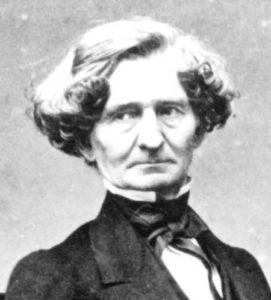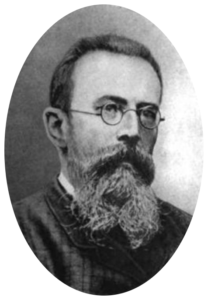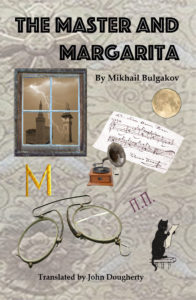Translator’s Introduction
Setting of The Master and Margarita
‘The Master and Margarita’ is a novel that was written, and whose actions take place, in the Moscow of the nineteen thirties. It depicts ordinary Russians living in the capital of the Soviet Union, but confronted with some extraordinary, even supernatural, occurrences. Bulgakov uses this setting to make some subtle, and not so subtle, observations and critiques of Soviet society and politics. Knowing well that such criticisms were unacceptable to the Communist regime, Mikhail Bulgakov apparently gave no thought to ever trying to publish ‘The Master and Margarita’. In fact, it was not until 1966, twenty-six years after the author’s death, that a censored version was first published in the Soviet Union. Today the ‘The Master and Margarita’ provides a rare, honest glimpse into the day-to-day life of Muscovites at a time when their world was changing at a breakneck pace in the aftermath of the 1917 Revolution.
This introduction will hopefully provide enough background to make some of Bulgakov’s observations easier to understand and appreciate. While this effort necessarily paints a picture that will seem rather grim, it should be kept in mind that the novel itself is absurd, comedic, and entertaining on many levels. This presentation puts The Master and Margarita into a genre of Russian fiction that uses fantasy, illusion, comedy, and absurdity, not to divert from or ignore a harsh reality, but rather to accept and embrace it, and more importantly, to disguise commentary and criticism of it from the ever-vigilant censor. This genre has a rich history in Russia from well before the Soviet era, as literary censorship was not invented by the Communist Party, but copied straight from the book of Tsarist rule. Continue reading “New Introduction to Mikhail Bulgakov’s ‘The Master and Margarita’”





